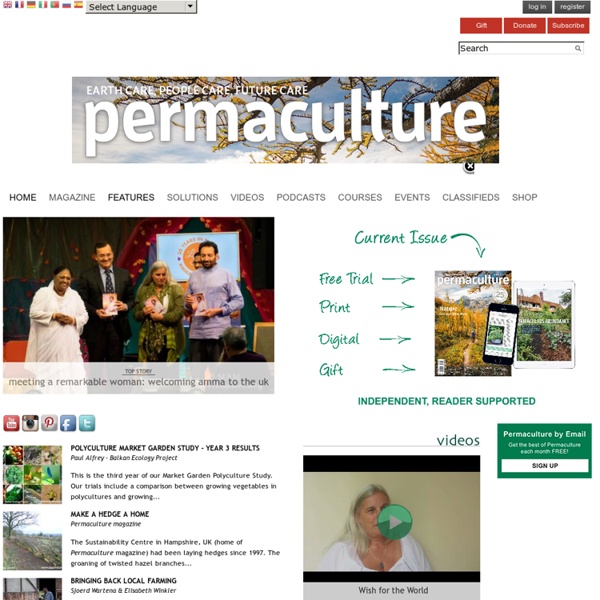



Home Made Plant Rooting Hormone – Willow Water « Deep Green Permaculture Weeping Willow (Salix babylonica) Willows are an amazing tree that have captivated humanity since time immemorial. They appear in the ancient legends, tales, folklore and customs of the Chinese, Egyptians, Greeks, Brits, Celts and American Indians. They even feature in three of William Shakespeare’s plays, Hamlet, Othello and Twelfth Night. Some folklore associated with willows is fascinating – my two favourites are are that it is bad luck to tell a secret while standing under a willow, as the wind that blows through the leaves will reveal the secret to everyone, and that striking an animal or a child with a willow twig will stunt their growth! Surely, there is something “magical” about these trees, for them to capture our attention so strongly.They have some interesting and unique properties, as we’ll explore in this article! Willows – A Brief Introduction One of the most popular and familiar willows is the Weeping willow (Salix babylonica), it has exceptional form and beauty. In Summary
Permaculture Principles Permaculture - PermaWiki Permaculture is a design system which aims to create sustainable human habitats by following nature's patterns. The word 'permaculture', coined by Australians Bill Mollison and David Holmgren during the 1970s, is derived as a contraction of permanent agriculture, or permanent culture. The idea of permaculture is considered among the most significant innovations developed by Australians in the century since Australian federation [1]. However like "nature", the permaculture concept evolves with time making its definition difficult. For example, consider the words of Bill Mollison, I guess I would know more about permaculture than most people, and I can't define it. ... Nevertheless, today permaculture can best be described as an ethical design system applicable to food production and land use, as well as community building. Origins Edit In the mid 1970s, two Australians, Dr. Permaculture has developed from its origins in Australia into an international 'movement'. Influences Edit Core values
Permaculture & Regenerative Design News Semeurs Masanobu Fukuoka Un article de Wikipédia, l'encyclopédie libre. Masanobu Fukuoka Masanobu Fukuoka, en 2002 Masanobu Fukuoka (福岡 正信, Fukuoka Masanobu?) (né le et mort le ) est un agriculteur japonais, connu pour son engagement en faveur de l'agriculture naturelle. Biographie[modifier | modifier le code] Microbiologiste de formation et spécialiste en phytopathologie, il travaille au Bureau des Douanes de Yokohama, à la Division de l'Inspection des Plantes. Il écrit le livre La Révolution d'un seul brin de paille, publié en 1975 au Japon, qui raconte et théorise son expérience en agriculture naturelle. « ...répandre de la paille... est le fondement de ma méthode pour faire pousser le riz et les céréales d'hiver. « Faire pousser des arbres sans élagage, sans fertilisant ni pulvérisations chimiques n'est possible que dans un environnement naturel. » « Comme la nourriture naturelle peut être produite avec le minimum de coût et d'effort, j'en déduis qu'elle devrait être vendue meilleur marché. »
Permaculture La permaculture est, à l'origine, une conception de l'agriculture et de l'horticulture durable fondée sur l'observation minutieuse des écosystèmes et des cycles naturels et leur imitation. C'est un mot-valise anglais formé à partir de « permanent (agri)culture » ; en français : « agriculture durable » ou « culture permanente ». Cependant l'expression « agriculture durable » a aujourd'hui pris un sens plus large. Elle a été élaborée dans les années 1970 par le biologiste australien Bill Mollison et son élève David Holmgren. En 1981, Mollison reçoit le Right Livelihood Award pour son travail. La notion de permaculture a progressivement été étendue à une conception systématique de l'environnement et à une éthique normative définissant des modes de vie et un fonctionnement de la société souhaitables. En Europe, la permaculture est pratiquée aussi bien dans des jardins privés que dans des fermes de taille moyenne. Définition[modifier | modifier le code] Histoire[modifier | modifier le code]
Permaculture